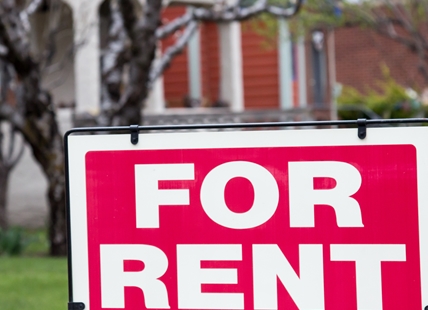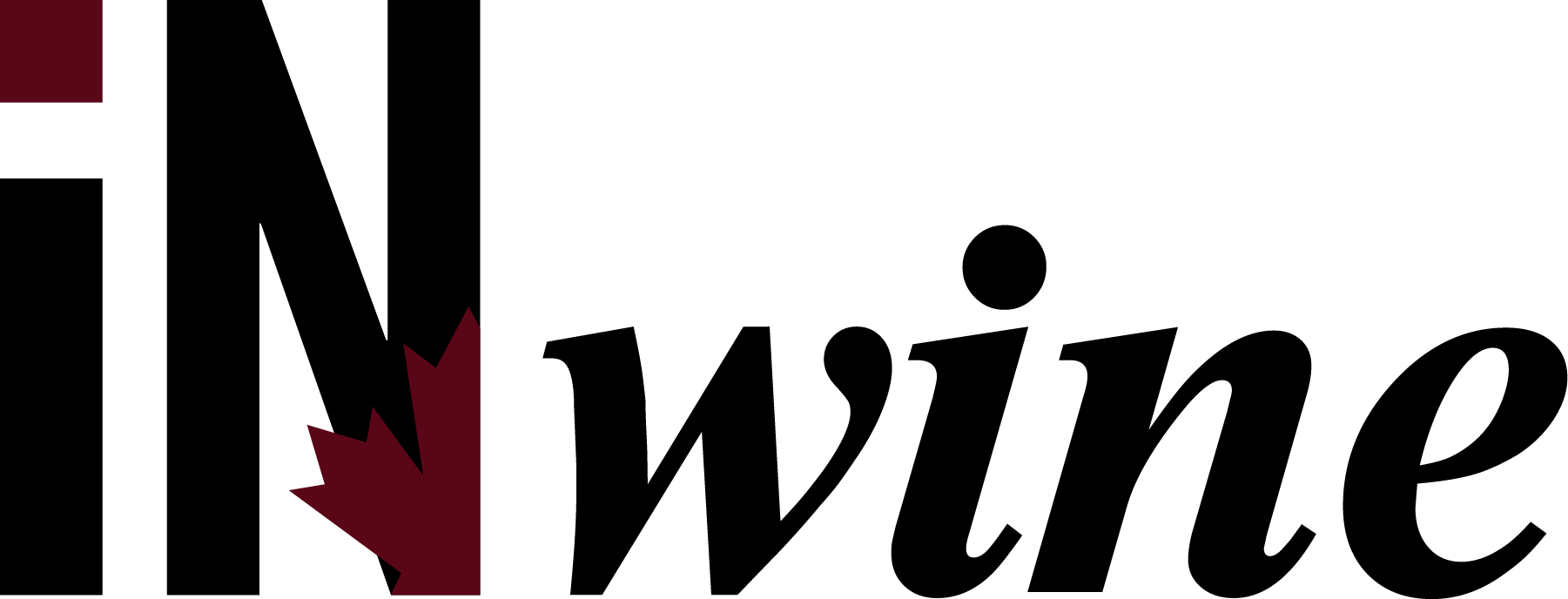Forget about paying those parking tickets from private BC companies
There’s two sides to every parking ticket from private lots.
On the one hand, there’s the law. On the other is the reality the private companies can't actually make you pay.
“You should pay them, because you shouldn’t steal,” Kyla Lee, a lawyer with Acumen Law Corporation in Vancouver told iNFOnews.ca.
“For private parking lot tickets, there isn’t technically a legal obligation to pay them in the sense that there’s not a mechanism in law for them to really enforce the tickets.”
That doesn’t mean the parking lot operators aren't going to make the lives of offenders miserable. It’s just that, in the end, they are unlikely to ever collect from an unwilling customer.
“If they wanted to invest the money, they could make an arguable case that you have entered into a contract by parking on their lot,” Lee said. “You’ve taken the service that they’re offering – parking – and you have to compensate them for that.
“The thing is, they don’t usually have proof of who parked so you don’t have proof of who is entering into the contract and you don’t necessarily have proof there was acquiescence. Because somebody did something doesn’t necessarily mean they were acquiescent to the contract even though the sign might say you are.”
The next step is for the parking company to send the ticket to a collection agency.
“They bulk it all together and they sell, say, $10,000 worth of parking debt to some company that’s just going to call you and harass you but they can’t actually do anything with it,” Lee said. “If you don’t mind getting a bunch of annoying phone calls and, potentially, being told you can’t park on their property again, you can just not pay it.”f
There are rules on how those collection agencies operate.
If the agency bought the debt that makes them the creditor so they can start calling right away.
“You have the right to request that the calls stop and they communicate with you in writing only, and you also have the right to ask for written details of the debt,” says the Consumer Protection BC website.
Or they can be directed to communicate through a person’s lawyer instead.
The calls can only be made between 7 a.m. and 9 p.m. six days a week, from 1 to 5 p.m. Sundays and not on statutory holidays.
The collection agency cannot make contact in any way that costs the customer money, cannot publish or threaten to publish details, except to a credit reporting agency, cannot use “threatening, profane of intimidating language” or put excessive pressure on a person. Go here for more details.
The big threat collection agencies use is that they will notify a credit agency.
“If a driver has a ticket that goes unpaid despite follow up notices, it may go into collections and be reported to a collection agency who is in the practice of reporting such information to a credit bureau pursuant to applicable law,” said an email from credit rating company Equifax. “Once the debt is reported, it would be included on a consumer’s credit file.
“The impact of a collection on a particular credit score varies due to the other information on a consumer’s credit file. Generally, late or non-payment of debt can negatively impact scores and on-time payments build up payment history can positively impact scores.”
The email includes a link to an Equifax page on how credit scores are calculated but that doesn’t specifically reference parking tickets. See more here.
Generally, it would be safe to assume that a single unpaid parking ticket will have little or no impact on a person’s credit rating.
There are other tools parking companies can try to use but, they too, are pretty ineffective.
“Another thing they can do is contact the police and report you for theft,” Lee said. “You’ve stolen the parking fees from them that somebody else might have paid for that stall. Are police going to investigate it? No. Definitely not. But there is the theoretical possibility that you could be charged with a criminal offence for parking unlawfully in somebody’s property.”
Another option for the private parking companies would be to issue a trespass notice and ban a person from their property, which she has seen done.
“If you violate that, you can be arrested and you can also be sued under the Trespass Act in BC,” Lee said.
But what kind of a settlement could the parking company win?
“Not enough to make it worth suing,” Lee said. “But if you’ve been given trespass notice, there are more legal remedies because you’ve been informed of the Trespass Act and now the police have the authority to act and come and arrest you. Unlikely to ever happen. I’ve seen the notices issued to people but I’ve never seen anybody arrested for violating it.”
The other club the parking lot operator has, and it's a big one, is the threat to have a vehicle towed.
"If you get a ticket at an Impark, if you never ever park on an Impark lot again, you don’t have to pay that ticket," Craig at Mario's Towing, who didn't want to give his last name, told iNFOnews.ca. "But as soon as you park at Impark, or even put money in the machine, they can still tow your car because you owe them for that ticket."
That's going to cost much more than the parking ticket. A tow from downtown Kelowna, for example, costs in the range of $300. Mario's also works in Kamloops and other Interior cities.
Then there is an old technology tool victims can use to fight back by using something called a cheque.
Two years ago, Vancouver-based lawyer Paul Doroshenko told iNFOnews.ca that he stirred the parking ticket pot back in 2016 by sending in a cheque to pay only for the time he over parked for and marked it “full and final payment.”
READ MORE: Why you really don’t have to pay that private lot parking ticket
But by 2021, it had been years since he heard of anyone else doing that and he had not got another parking ticket himself.
Lee says it’s still a viable strategy.
“If you send them a cheque and say: 'This is full and final payment for the parking ticket you gave me' – usually you pay for the parking that you used and not the ticket they gave you – and they cash it, that’s acceptance of the contract,” she said.
“You essentially create the contract and you set the terms and they agree to the terms by taking your money. They’re going to cash the cheque because they would rather get $7.50 out of you for the hour of parking than chase it around for the $112 that they may never see.”
The trick in this day of online payments is figuring out where to send the cheque (or bank money order) and, of course, explaining to younger drivers what a cheque actually is.
“We have staff and I’ll give them a cheque book and ask them to write a cheque to this company and they’ll just kind stare at it,” Lee laughed. “They don’t know what to do with it. Makes you feel old real quick.”
All this applies to only private parking lots.
The picture changes dramatically when it comes to city parking tickets.
“Definitely you have to pay those tickets because the city has remedies,” Lee said. “They can do things to you or to your car. They have the power to send your ticket to collections and so you don’t want to not pay any tickets issued by a municipality.”
The City of Kelowna, for example, sends all unpaid and undisputed parking tickets to its collection agency after 60 days.
Prolific offenders may be required to attend a payment hearing in small claims court and vehicles with 10 or more unpaid tickets or those that have more than $300 outstanding can be towed if found in violation of any city bylaw.
“Undisputed bylaw offence notices are deemed convictions, so our small claims actions are limited to payment hearings,” Dave Duncan, the city’s parking manager said in an email to iNFOnews.ca.
In the end, it really boils down to a matter of conscience.
As Lee pointed out, "you should pay the, because you shouldn't steal."
To contact a reporter for this story, email Rob Munro or call 250-808-0143 or email the editor. You can also submit photos, videos or news tips to the newsroom and be entered to win a monthly prize draw.
We welcome your comments and opinions on our stories but play nice. We won't censor or delete comments unless they contain off-topic statements or links, unnecessary vulgarity, false facts, spam or obviously fake profiles. If you have any concerns about what you see in comments, email the editor in the link above. SUBSCRIBE to our awesome newsletter here.








